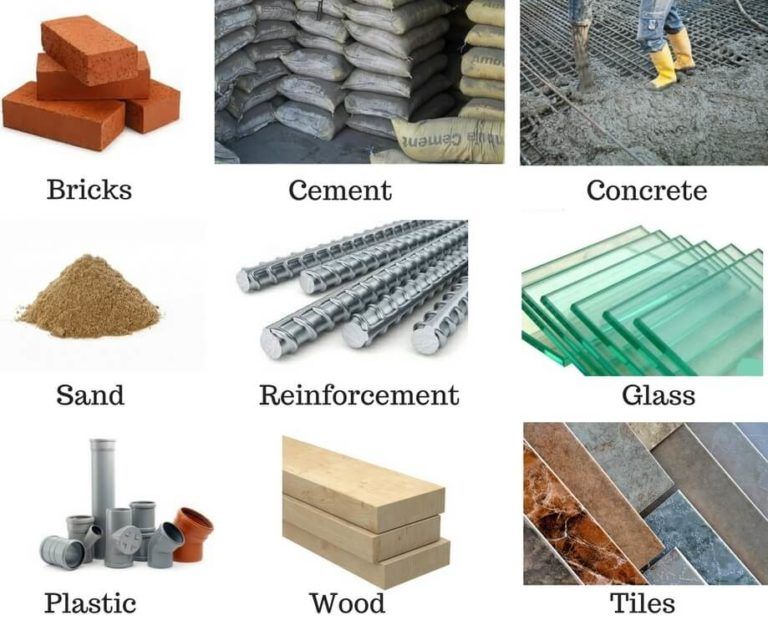Biodegradable Construction Materials: A Sustainable Solution
Construction industry is one of the major contributors to environmental degradation due to its excessive use of non-biodegradable materials. In recent years, there has been a growing concern about finding sustainable alternatives that reduce the negative impact of construction activities on the environment. Biodegradable construction materials have emerged as a viable solution to address this issue.
Advantages of Biodegradable Construction Materials
One of the main advantages of biodegradable construction materials is their ability to decompose naturally over time, without releasing harmful toxins or pollutants into the environment. These materials, made from natural resources such as bamboo, straw, or recycled paper, have a significantly lower carbon footprint compared to traditional materials like concrete or steel.
Additionally, biodegradable construction materials offer improved insulation properties, helping to reduce energy consumption in buildings. They also have excellent thermal regulation capabilities, keeping interiors cool in summer and warm in winter, thus reducing the need for excessive heating or cooling systems.
Applications of Biodegradable Construction Materials
Biodegradable construction materials can be used in a variety of applications, including the construction of walls, roofs, and flooring. They can also be used for insulation, as well as in the production of furniture and decorative elements.
These materials have gained popularity in the construction of eco-friendly homes and buildings, as they contribute to a healthier indoor environment by minimizing the release of volatile organic compounds (VOCs) that are often found in traditional construction materials.
The Future of Construction: Sustainable and Biodegradable
The use of biodegradable construction materials is a step towards a more sustainable future for the construction industry. As the demand for eco-friendly and energy-efficient buildings continues to rise, the development and utilization of biodegradable materials will play a crucial role in reducing the industry’s ecological footprint.
Furthermore, the integration of biodegradable materials into construction practices can also create new opportunities for innovation and job creation in the green technology sector. This shift towards sustainable construction practices will not only benefit the environment but also promote a more resilient and socially responsible construction industry.
